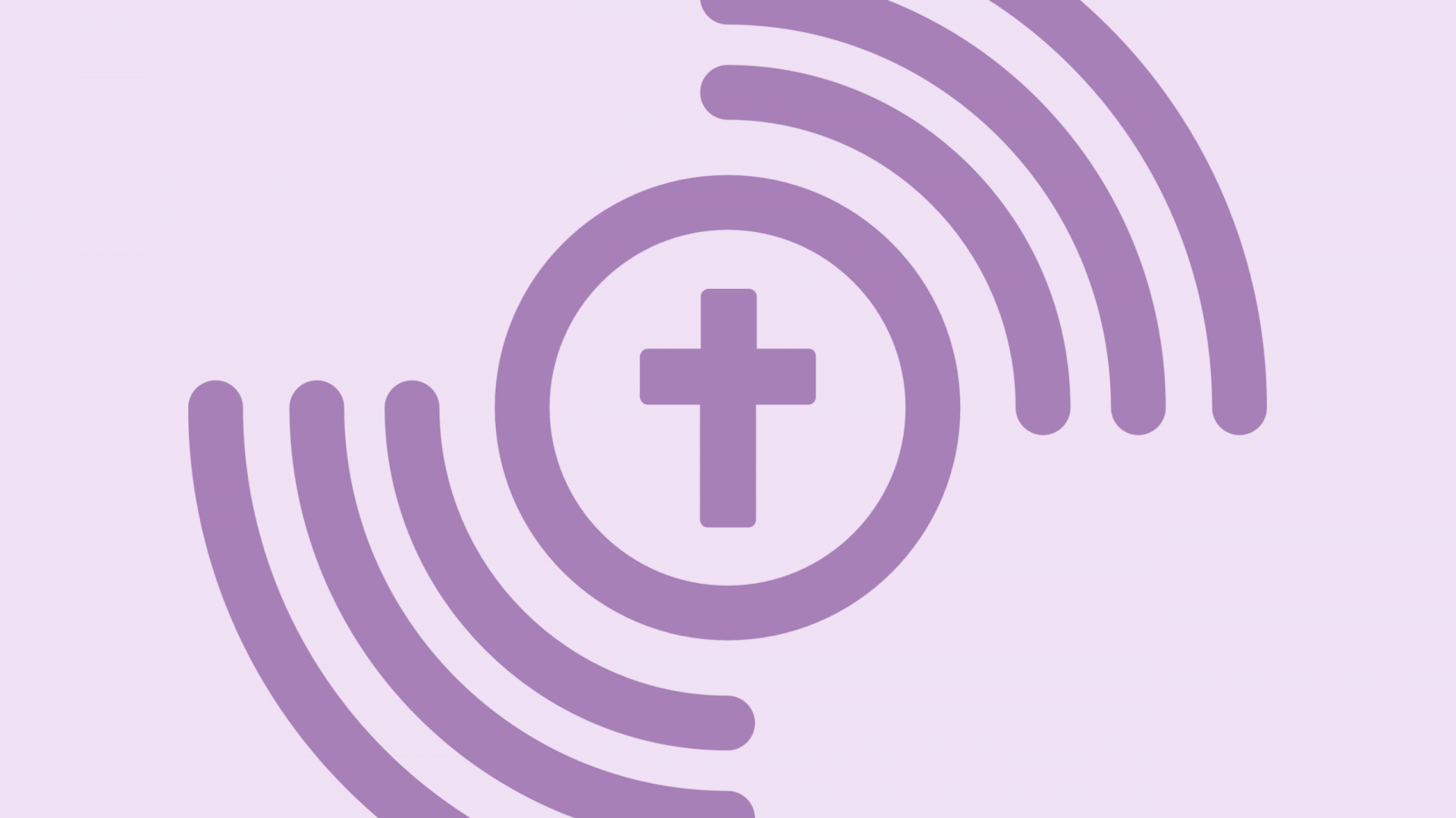Digitale Gebete und die Bedeutung von Technologie für den Glauben
Im Interview mit Jörn Albrecht auf Bremen2 habe ich am 05.03.2023 über die Möglichkeiten der künstlichen Intelligenz im Zusammenhang mit…
Digitalpfarrer im Ev.-Luth. Kirchenkreis Delmenhorst/Oldenburg-Land
